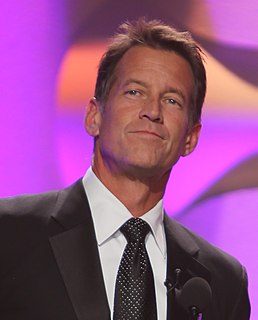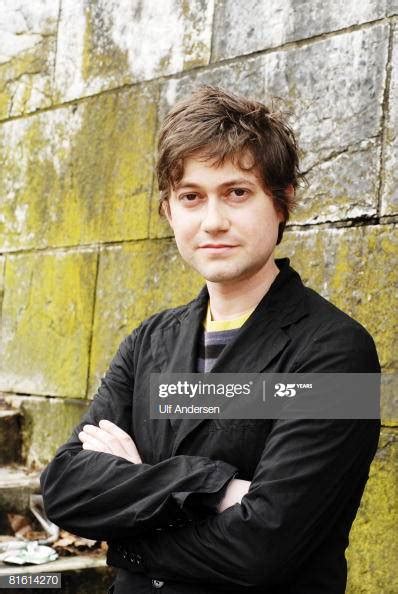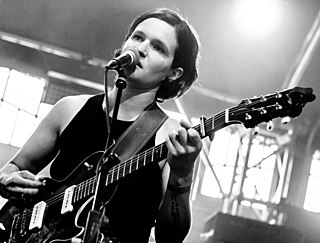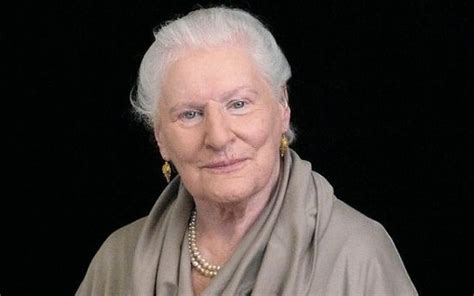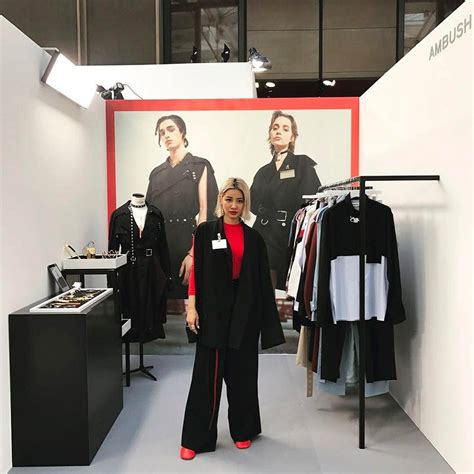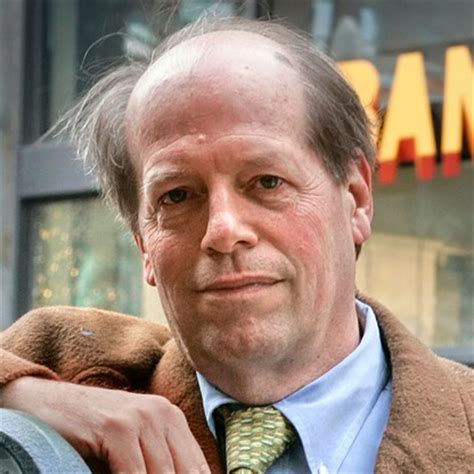A Quote by James Denton
It was described as Sex and the Suburbs. It's so not that. Because on Sex and the City, those women told each other everything; on our show, it's much more like the real suburbs - nobody tells anybody anything. Everything's a secret.
Related Quotes
In your thirties, you're much more comfortable with sex. First of all, sex is something you've done more. You know you can have sex just to have sex; you can have sex with friends; you can have sex with people you love; you can have sex with people you don't like, but the sex is good. And you can joke about sex much more.
I think we are afraid of each other when it comes to sex, because we read so much about sex, we talk so openly about sex, we see movies and we read books; but when we are face to face with someone else, we forget our individual patterns; that we are unique. So we try to repeat other people's patterns, according to what we seen and what we heard. So most of us are very frustrated, because we don't accept our individuality as far as sex is concerned.
I grew up in the D.C. suburbs, and what I like about that place is that there's not a strong regional affect in the cultural imagination like there is in Dallas or San Francisco or New York City. You have a little more freedom as a novelist this way. The suburbs become a generic idea, and the place doesn't intrude into the narrative.
When I brought 'Sex and the City' to HBO, I wanted to do something independent, where I could be like, 'I don't care if anybody watches this thing. Just let me do something that I would love to see.' Honestly, the success of 'Sex and the City' was what was most surprising to me. It was sort of like the anti-TV-show in my mind.
I think sex work gets over-mystified and overcomplicated because it's about sexuality, and women's sexuality in general. What strikes me when I look at sex worker organizations and sex worker movements, in the US especially, is that they're so in alignment with other longstanding progressive causes. If anything, sex workers have been at the forefront of some of these causes. There have always been sex workers at the forefront of social movements.
[Demystifying lesbian sex for an interviewer] In a way, the sex isn't really that different... From what I can tell, no, not really. All the things that men and women do together, think of everything that men and women do together, women and women can do together. And that makes you realize that sex is just simply about connecting with another person, or about intimacy.
